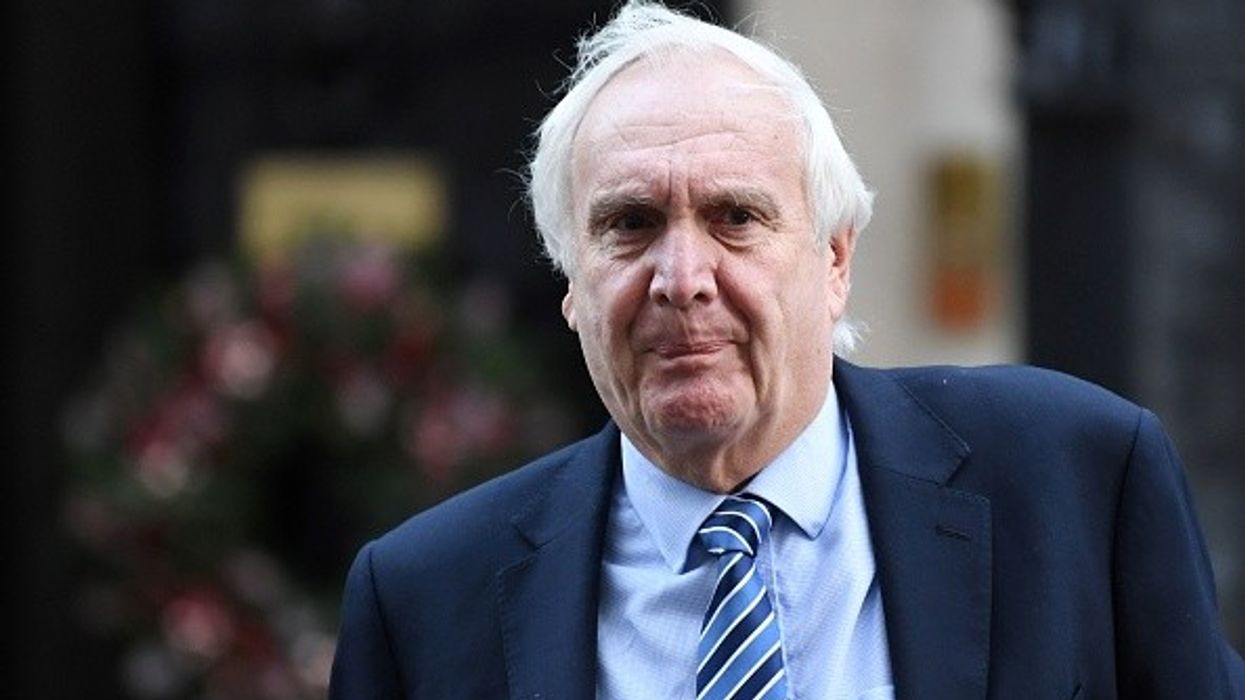By Amit Roy
PRIME MINISTER Boris Johnson has sent Lord Eddie Lister as his personal envoy to India to try and persuade his Indian counterpart Narendra Modi to sanction the export of five million doses of the Oxford-AstraZeneca vaccine to the UK.
The UK and Indian leaders are due to meet in Delhi next month, but Johnson is also expected to visit Pune where the Serum Institute of India, the world’s biggest vaccine manufacturer, is based.
The Serum Institute planned to send 10 million doses of the Oxford-AstraZeneca vaccine to the UK. Its CEO Adar Poonawalla confirmed that he has already sent five million doses, but also explained he could not send the rest until he is given the green light by Modi.
The problem is that India’s need for the vaccine is much greater because the number of Covid cases in the country is rising sharply, compared with the UK, where – in contrast to the situation in the European Union – it is falling.
According to the Financial Times, “Lord Eddie Lister, Boris Johnson’s fixer and ally, has travelled to India as part of an effort to secure millions of doses of the Oxford-AstraZeneca vaccine vital to the UK’s fight against coronavirus.
“Lister and international affairs adviser David Quarrey met India’s foreign secretary Harsh Shringla in New Delhi on Monday (22) to ‘discuss bilateral relations and outcomes’ for Johnson’s planned visit to the country in April, according to India’s Ministry of External Affairs.
“Lister, a Conservative peer and the UK prime minister’s special envoy for the Gulf, is expected to travel from there to Pune, where he will visit the Serum Institute of India, the world’s largest vaccine manufacturer and a producer of the AstraZeneca jab, said a person with knowledge of the talks.”
The source told the paper: “Eddie Lister is making a personal trip to Pune to help resolve this. He (Lister) wants doses, but the Indian government is stalling because in parliament they are questioning, ‘why are we exporting the vaccines’.”
Whitehall insiders confirmed that Lister would visit the Serum Institute this week to try to broker a deal on delivery of the UK’s Oxford-AstraZeneca doses. Downing Street confirmed Lister was in India but declined to discuss details of the visit.”
The FT did point out that India had been generous: “India has exported more than 60 million vaccines – significantly more doses than it has given to its own people – prompting criticism that the government should expand its vaccination drive.”
When it became clear that the UK was waiting for shipments of the remaining five million doses from India, Johnson did not join British press criticism of Modi, but went out of his way to thank New Delhi.
He told a Downing Street conference last week: “I want to thank the Serum Institute for their heroic role in producing huge quantities of vaccine and the Indian government hasn’t stopped any export.
“There is a delay as I have described – as there is very frequently in vaccine rollout programmes – but I believe this is by no means the end of the story of the UK’s relationship with the Serum Institute of India, and we hope to make further progress over the weeks and months ahead.
“There is a huge amount of work that we want to do together and this is just the beginning.”
There was a personal attack on Modi in the Daily Mail from Mark Almond, director of the Crisis Research Institute, Oxford. He said: “As if the spat between Britain and the EU over Brussels’ erratic attempts to control vaccine supplies wasn’t bad enough, India has now dealt a body blow to the idea that we should all be cooperating in the global fight against the virus.
“The decision to block vaccine exports by the Indian government – led by the vain Narendra Modi, who seems increasingly bent on becoming prime minister for life – is an act of blatant populism.”
He said Johnson had talked up India-UK relations and added: “Mr Modi’s display of vaccine nationalism – the country is the largest vaccine producer in the world – is a strange way of repaying that friendship. After all, it drives a coach and horses through a legally binding contract between AstraZeneca and the British government on the supply of vaccines and can only foster mistrust in future negotiations.”
But, according to Poonawalla, there is no such binding contract.
Modi was also attacked during the FT Digital Festival Spring Edition last week. This happened during the concluding session when Edward Luce, once the FT’s south Asia bureau chief based in Delhi and author of In Spite of the Gods: The Strange Rise of Modern India (2007), and the author and journalist Fareed Zakaria discussed, “Can Biden’s America regain world leadership?”
Luce, now the FT’s US national editor and columnist, said that although Zakaria had lived in America for more than 40 years, he was “born and raised in what was then called Bombay”.
“And India is, of course, a much bigger power than it was when you left,” he said. “It is also just about able to claim it is the world’s largest democracy – I would argue (it is) the world’s largest illiberal democracy under Narendra Modi.”
Zakaria, who is considered a foreign affairs expert, responded: “So far the Biden administration has seemed to... ignore the decay of democracy in India.”




